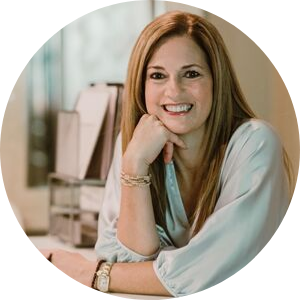Doing Her Work: Michelle Kinder Leading From the Inside Out
Michelle Kinder is well-known in the domains of social-emotional learning, education and family counseling. She is also an authoritative voice in the discourses of leadership, stress, emotional health, trauma and parenting. Her increasing passion about historical and structural inequities has led her to make an important shift in her career, which we explore in depth in our conversation. In the midst of her transition, Michelle has taken time to slow down and adjust her focus from striving to one of getting results with a sense of ease and groundedness. This inside-out approach takes self-awareness, persistence and patience. She talks honestly about her experience in this episode.
Season 1 | Episode 7 | October 1, 2019
Show Notes
If you have come here to help me you are wasting your time, but if you have come because your liberation is bound up with mine, then let us work together.
– Lilla Watson
Michelle Kinder is well-known in the domains of social-emotional learning, education and family counseling. She is also an authoritative voice in the discourses of leadership, stress, emotional health, trauma and parenting. Her increasing passion for the dynamics of historical and structural inequities has led her to make an important shift in her career, which we explore in-depth in our conversation. Michelle shares how growing up in Guatemala influenced her perspective on social issues and how this developed her capacity to innovate and problem-solve. We hear her view on the destructive “us” and “them” narratives that often accompany outreach efforts and how cultural forces are counterproductive to our ability to be grounded and sensitive as individuals. We discuss the focus of Momentous Institute, her new partnership with the Stagen Leadership Academy, and her collaboration with Rex Miller, with whom she is co-authoring a book on the challenges of educators. Michelle advises that, for us to be most effective in bringing about positive change, we need to do the required work of regulating our own nervous systems. She speaks frankly on her view about the responsibilities of the corporate and philanthropic worlds in establishing a more equitable society.
Shaped by her Upbringing
- Growing up in Guatemala as a “third culture kid” shaped Michelle’s worldview and ability to innovate.
- With parents who were missionaries and very service-oriented, she developed a deep knowing that “we belong to the community and that we’re here to serve and grow and learn”.
- The value of exchanging the toxic “us” and “them” narratives for a genuine desire to solve problems with rather than for others.
- A disappointing job search and a crucial positive experience at Momentous (note to hiring managers!) changed her trajectory.
How were you shaped by your upbringing?
- There’s no getting out of being shaped by the environment of our childhood: the where, when, and what are inextricably linked to who we are today.
- What milestones stand out to you and what imprint was left?
- Can you trace how your beliefs were formed? What beliefs have changed?
- What was normal to you then? Is that still the case?
- What links can you make from your upbringing to your life today? Have you followed the path laid out for you or did you take a sharp turn somewhere?
- Do you have a sense of what is next for you? What is it? What do you wonder about?
A Deeper Layer of Leadership Development
- “What are the ways we can change our relationship with fear and stress and ego and show up in a more self-regulated/mutually regulated way?”
- Michelle’s journey of shifting from striving to listening and surrendering, of calming and “clearing the vessel”.
- There are many forces in our culture that pull us away from our grounded, sensitive selves.
- We can become addicted, or at least very accustomed to an ‘air-traffic controller’ way of living and working.
- There is often a need to reset our neurobiology and to build up a tolerance for the lack of activity, or busy-ness.
- Becoming more conscious, more aware, positively affects the impact we’re able to make.
Practices for “regulating our nervous system”:
- Mindfulness, meditation
- Reflective Journaling
- Guided body scan (try one of the many from Insight Timer). Becoming more familiar with where you hold stress raises your awareness of tightness in those areas.
- Unplugging completely from: work, email, digital devices, social media. Schedule periods of time daily. Prolonged periods that include full days or weeks can also be scheduled.
- Regular exercise or movement
- Consistent 7 – 9 hours of sleep
- Time in nature. Read this Time magazine article on the benefits.
- Eating whole, unprocessed foods
- Regular checks for alignment with personal values
The Upstream of the Upstream
- The importance of focusing on a community’s ability to create the spaces in which children can thrive.
- There are historical structures that benefit certain groups while disabling others.
- “How is my long straw connected to someone else’s short straw?”
- The important role of the corporate and policy world in creating social change.
- Can we honorably grapple with each other as we explore these questions?
Immediately Next for Michelle:
- Speaking, writing, and workshops: contact her through michellekinder.com
- Designing and leading a 52-week, practice-based program for women leading social change via Stagen Leadership Academy.
- Co-authoring a book with Rex Miller about “what looks like teacher disengagement is actually trauma and battle fatigue”.
Here’s what else you need to know:
- Michelle shared several important statistics from Momentous Institute’s research on the impact of their work with children of ages 3yrs old – 5th grade and their families. The focus on both academics and social-emotional health has had staggeringly positive results.
- Watch Faith talk about the importance of breathing.
After listening to the interview and reading the notes, I wonder what your takeaway is?
Thanks for elevating your part of the world!
LeeAnn

